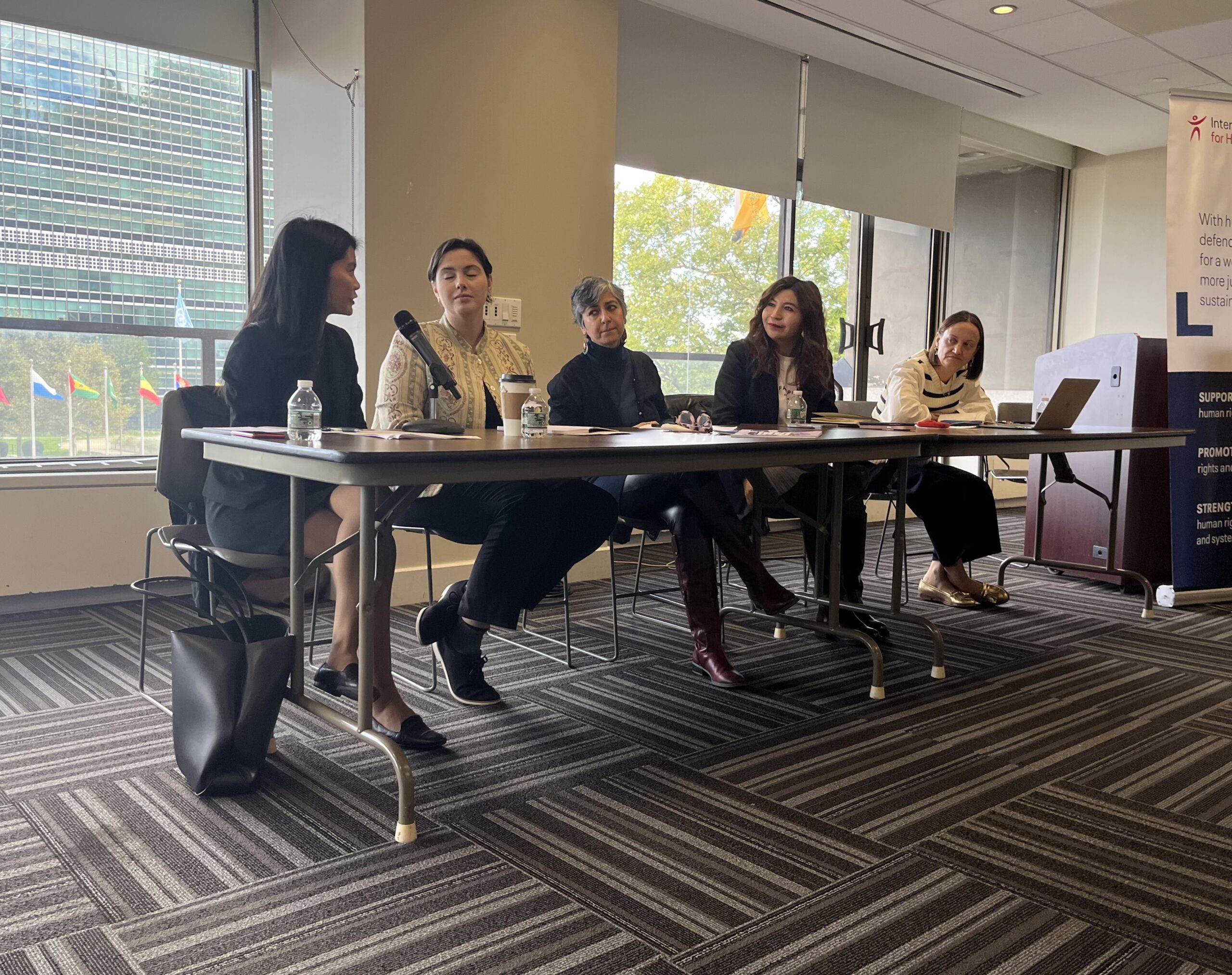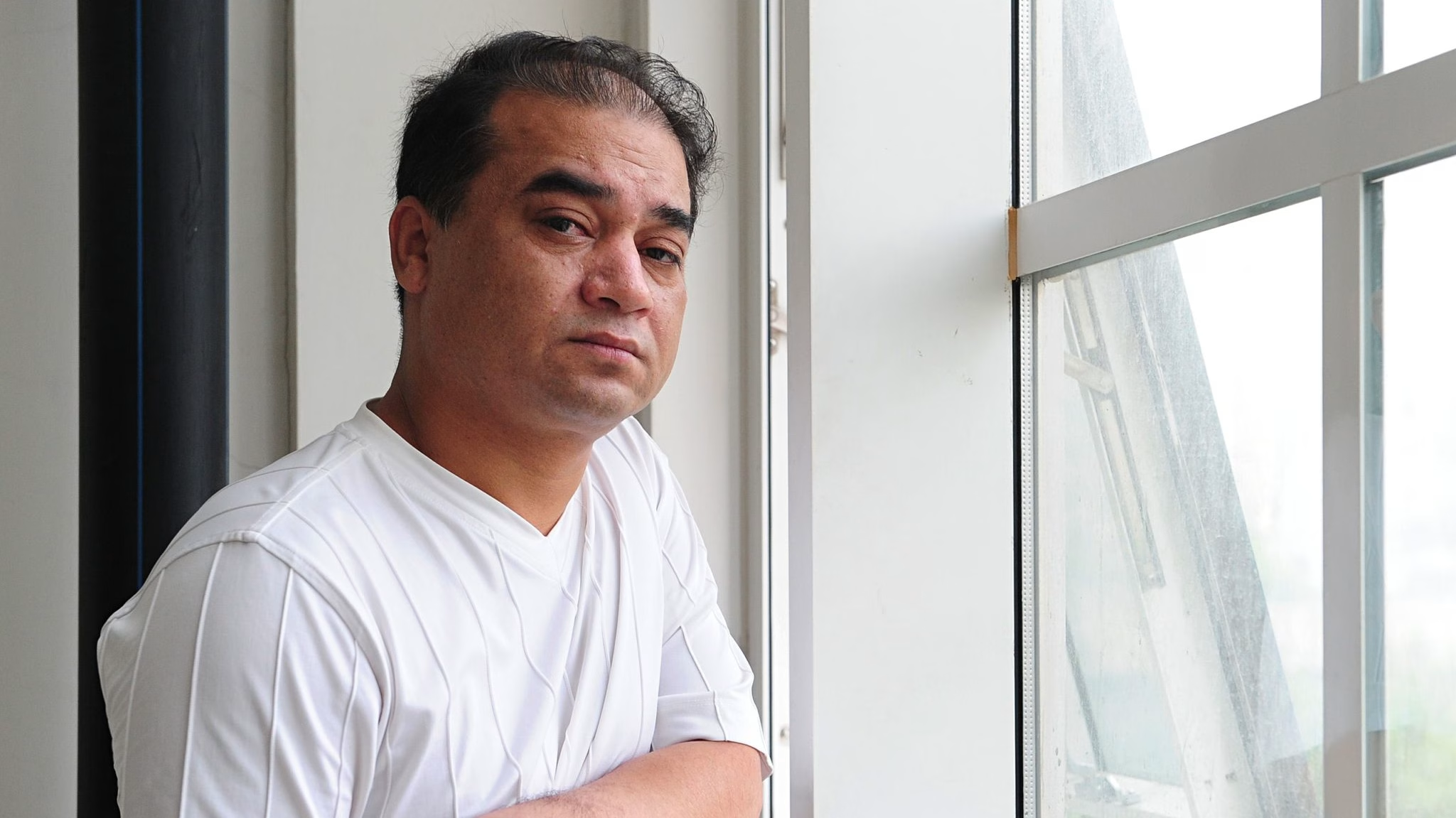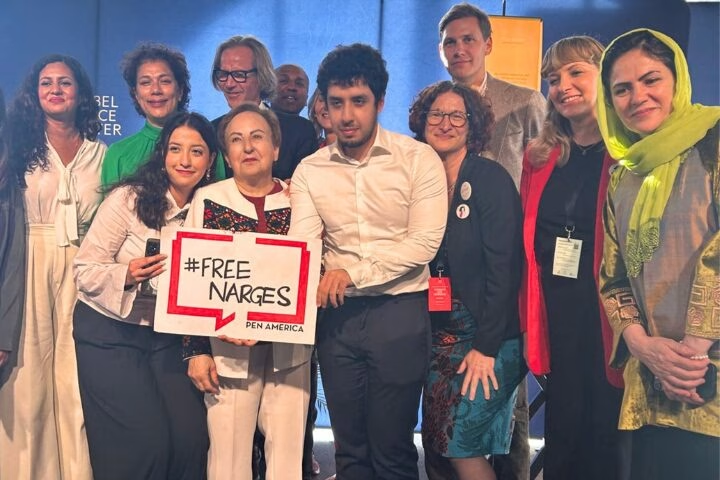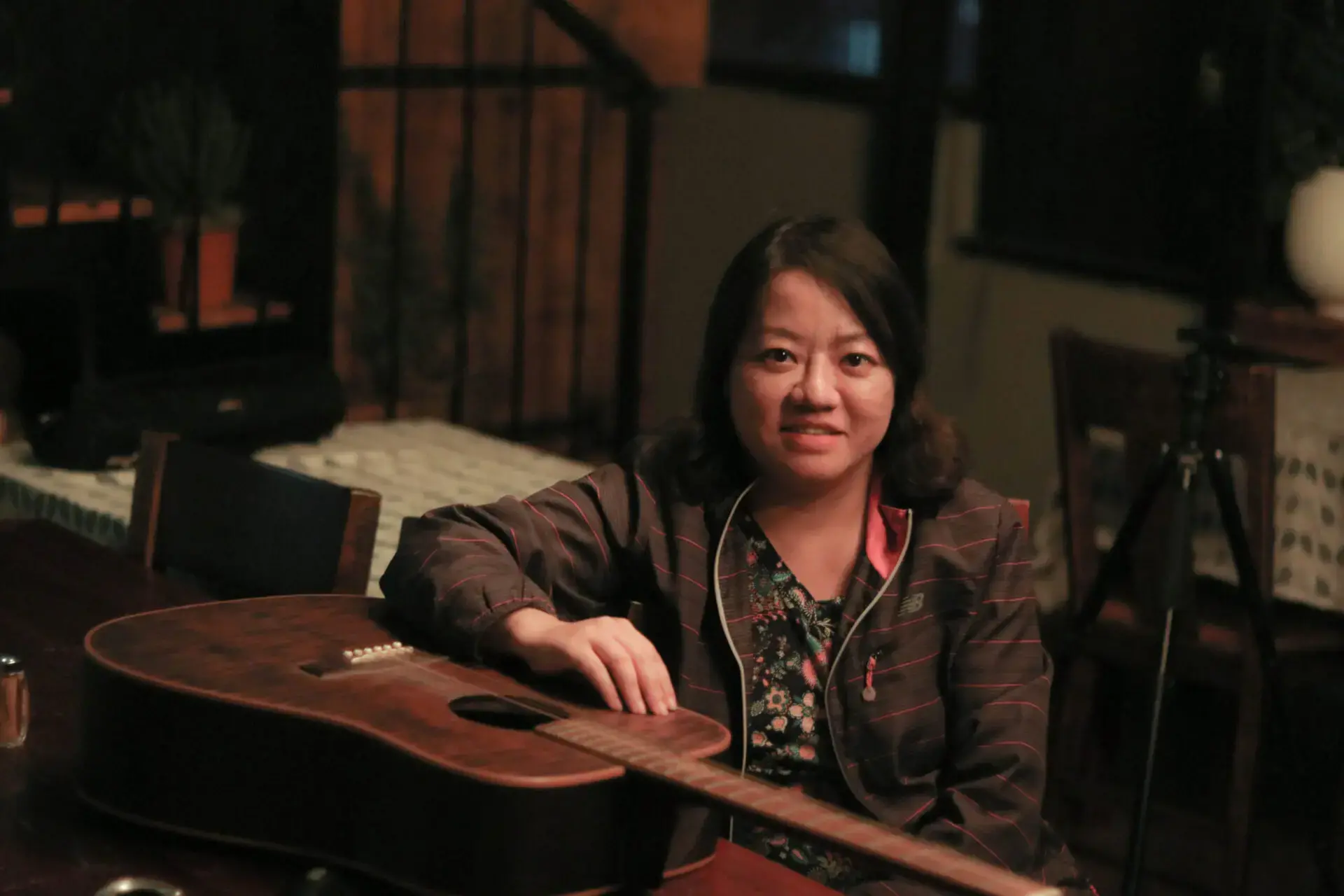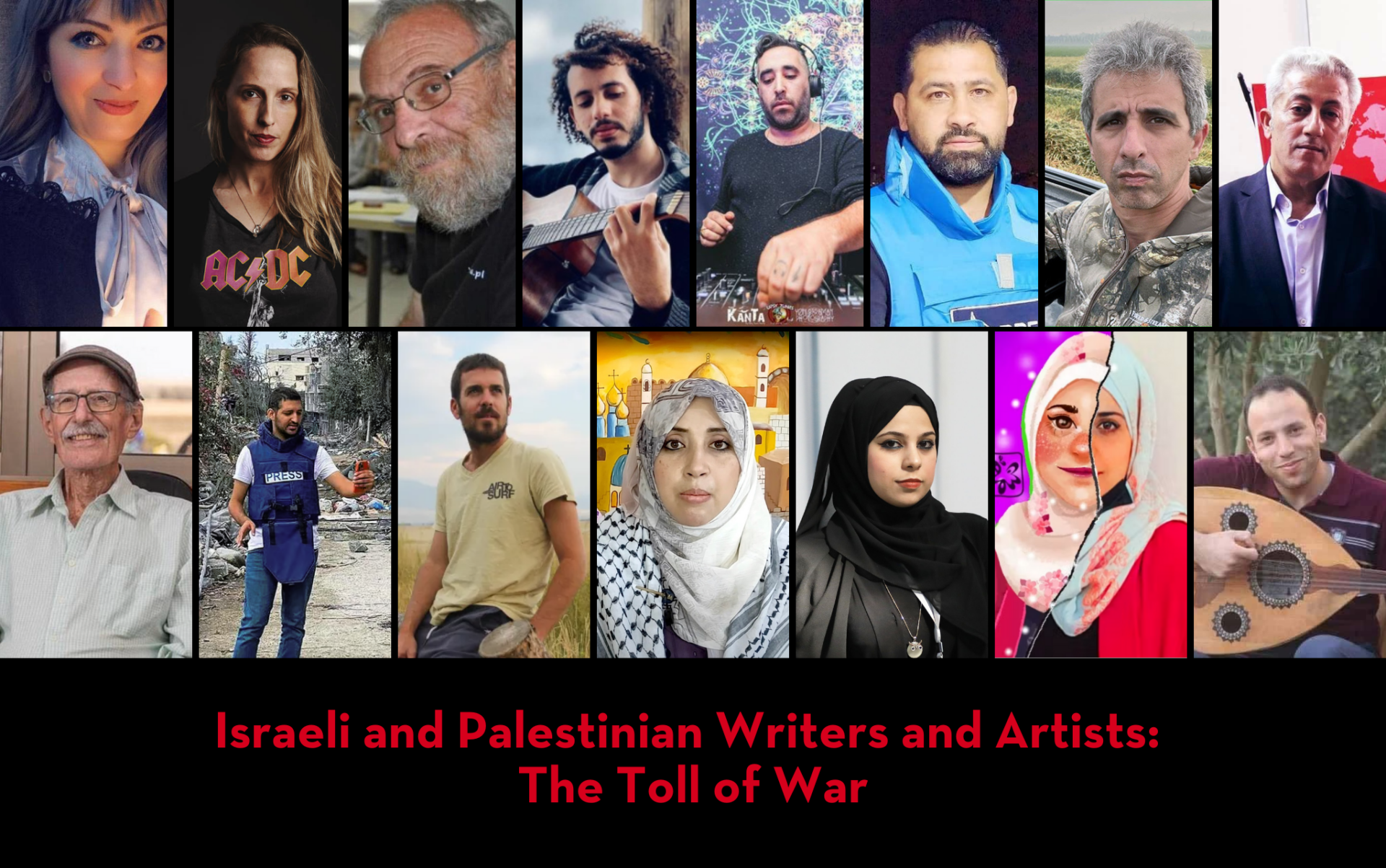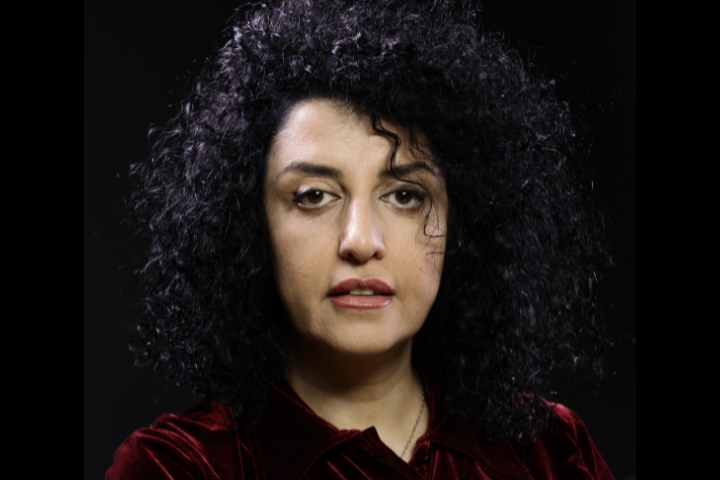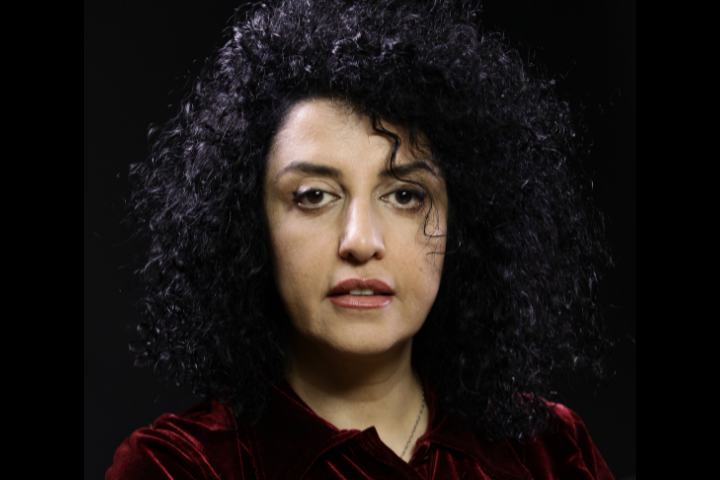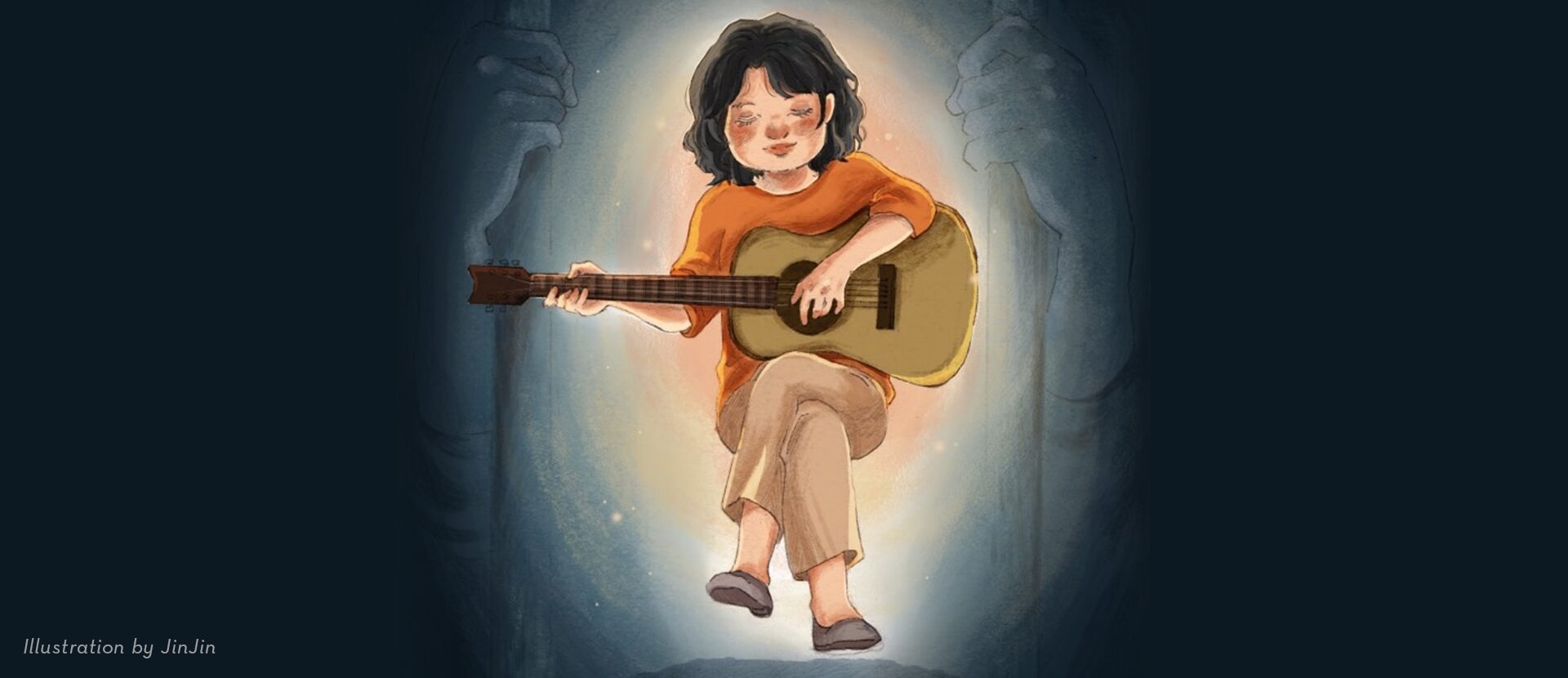
Writers, at their best, offer the ability to imagine different futures. And because of this, many of them face reprisals from repressive governments who fear their power.
The role of writing in the shadow of repression was at the heart of a panel convened by PEN America this week commemorating the Day of the Imprisoned Writer, which falls annually on Nov. 15. As part of the PEN International network, and together with fellow writers and allies, PEN America dedicates this day to call for the release of writers in prison.
“It’s impossible, even under the most restrictive regimes, to control language and the imagination that fuels it,” said novelist Dinaw Mengestu, who moderated the panel. “[This] is why, all too often, those in power target the writers whose lives are built out of the very language governments seek to control.”
The number of writers jailed globally during 2023 hit a five-year high, according to the latest Freedom to Write Index. This year, PEN America spotlighted Pham Doan Trang, an imprisoned Vietnamese writer who received the 2024 PEN/Barbey Freedom to Write Award in recognition of her courage and commitment to free expression. Four previous Freedom to Write Awardees remain in prison: Nobel Peace Prize laureate Narges Mohammadi in Iran, Vladyslav Yesypenko in Russian-occupied Crimea, Xu Zhiyong in China, and Ilham Tohti in China.
Mengestu, an acclaimed Ethiopian-American novelist, journalist, essayist, and Vice President of PEN America, was joined in conversation by Trinh Huu Long and Tran Quynh Vi—friends and colleagues of Pham Doan Trang—to discuss Trang’s impact as an author, publisher, journalist, and human rights advocate in Vietnam. Following longstanding tradition, Trang was represented by an empty chair, used to honor a writer who cannot be present.
As an author, online commentator, and journalist whose political dissent has made her a target of the state, Trang’s moral clarity around the personal risks she’s assumed—including her own imprisonment—is part of what drives her impact. Her friend Vi described her as “the freest person in Vietnam because she liberates her mind.”
“She’s the kind of person who pushes the boundaries, who is expanding our sense of freedom,” Long said. “Trang doesn’t want to be seen as a hero; she is brave, she is intelligent, but she wanted people to understand that speaking up and publishing books, writing articles, it is possible, even under very terrible conditions like she lived in before being arrested.”
Trang’s advocacy for human rights has spanned decades, in her work as an early-internet blogger to nonprofit founder. Notably, as an independent publisher, Trang circulated physical copies of banned books throughout the country, bringing a new life to writing in Vietnam. Long described that, “Seeing an independent book—holding it—gives much more of a sense of what it would look like if Vietnam had freedom…that is the feeling Trang wants people to have.”
Gathering for this conversation, Mengestu said, “is our way of saying to the imprisoned writers all around the world that we stand alongside you; that vulnerability, exile, imprisonment, and persecution should not be the price for creating and sustaining our cultural heritage.” And the obligation set out in this solidarity is clear: “[to make] sure that writing lives as a daily practice, and not as the memory of one.”
For many, the acts of writing, reading, and even imagining could remain out of reach, and even dangerous, but the impulse to try anyway, to catalyze resistance, to hold a different future, very often prevails.
The PEN/Barbey Freedom to Write Award kicked off a year of advocacy by PEN America on Trang’s behalf. Support Trang with the Write to Trang campaign.

